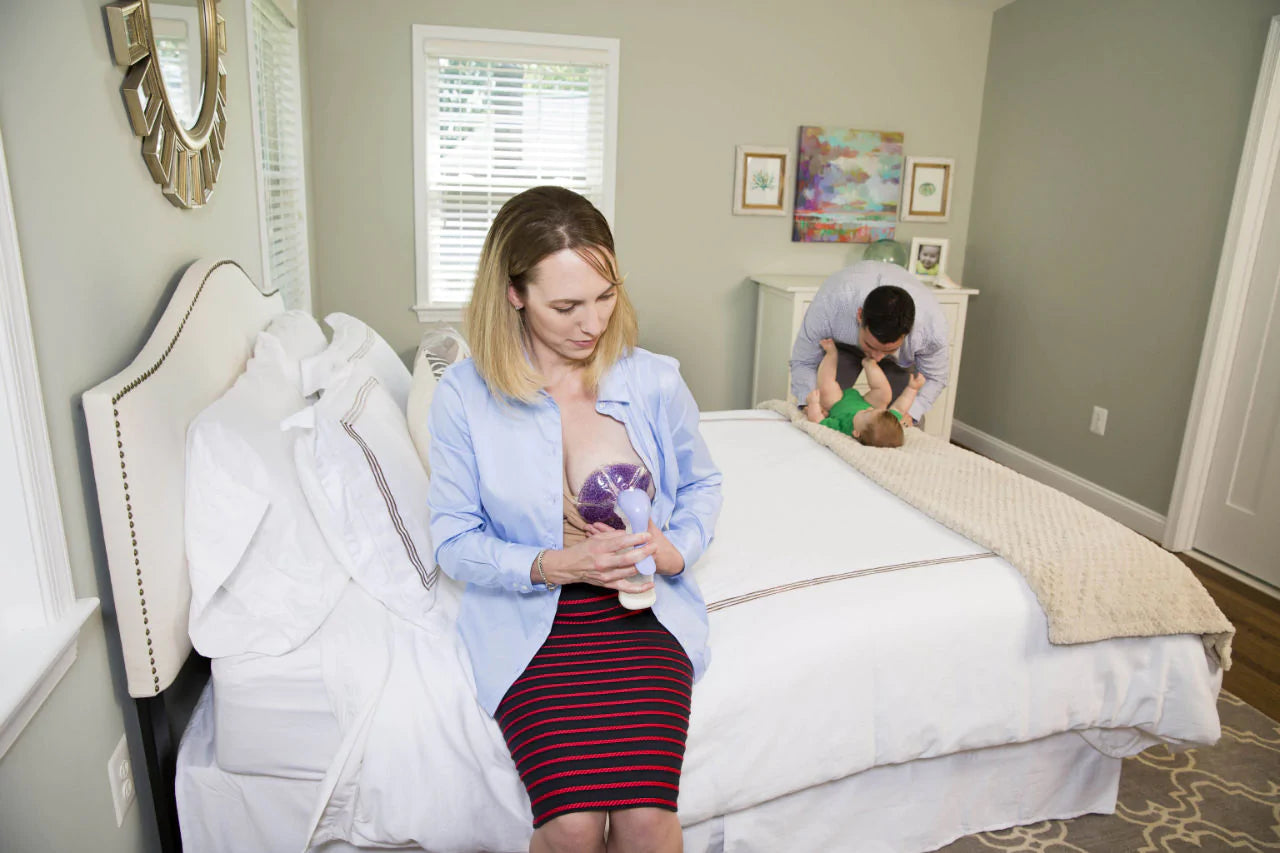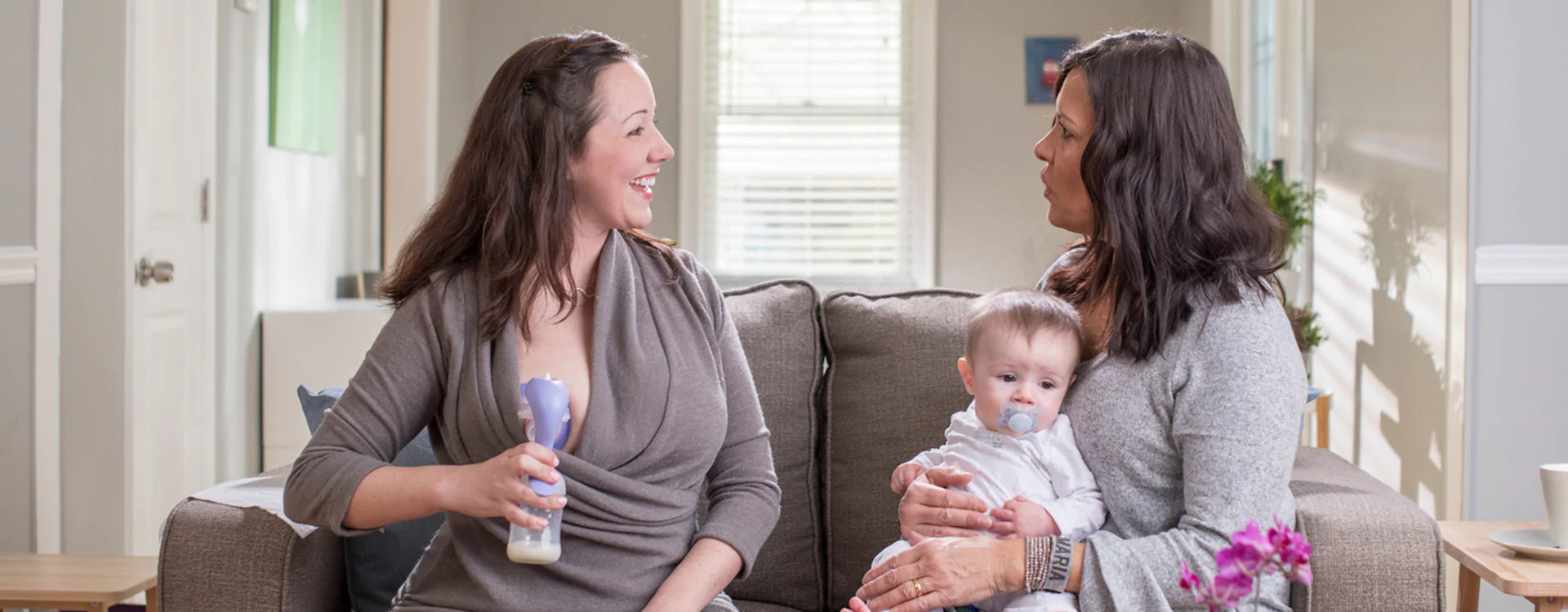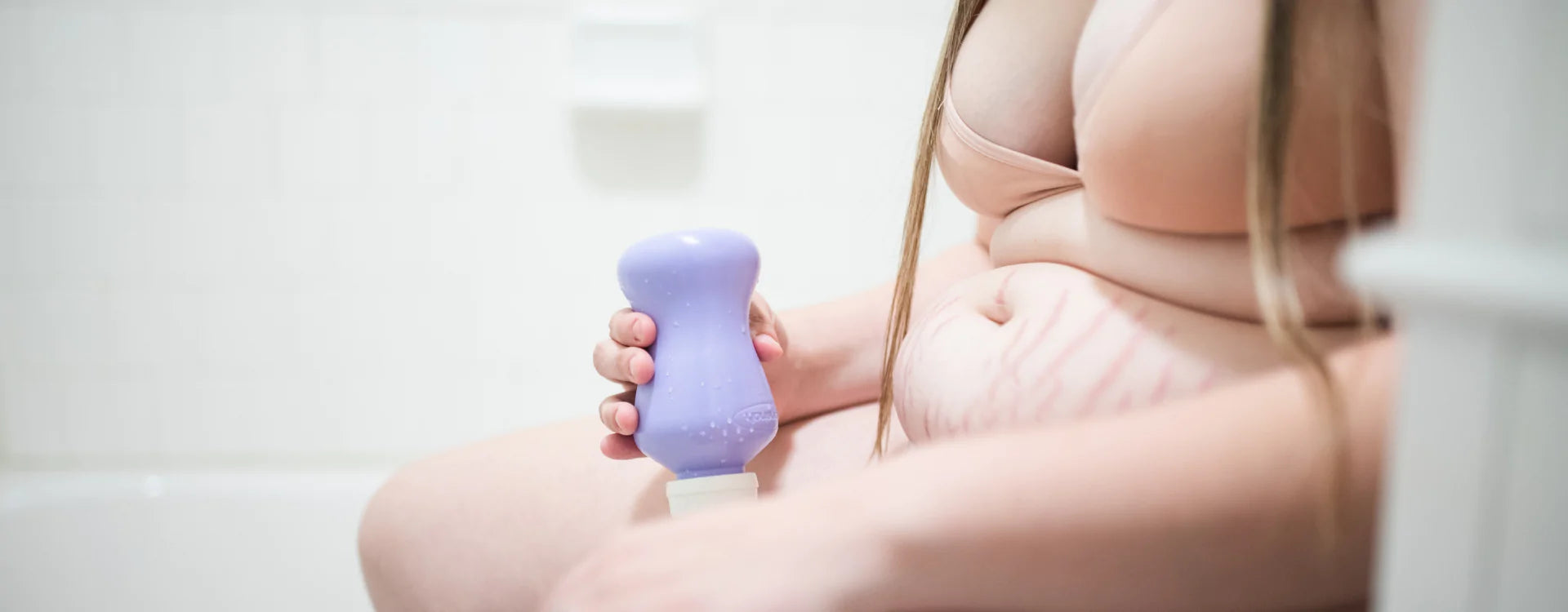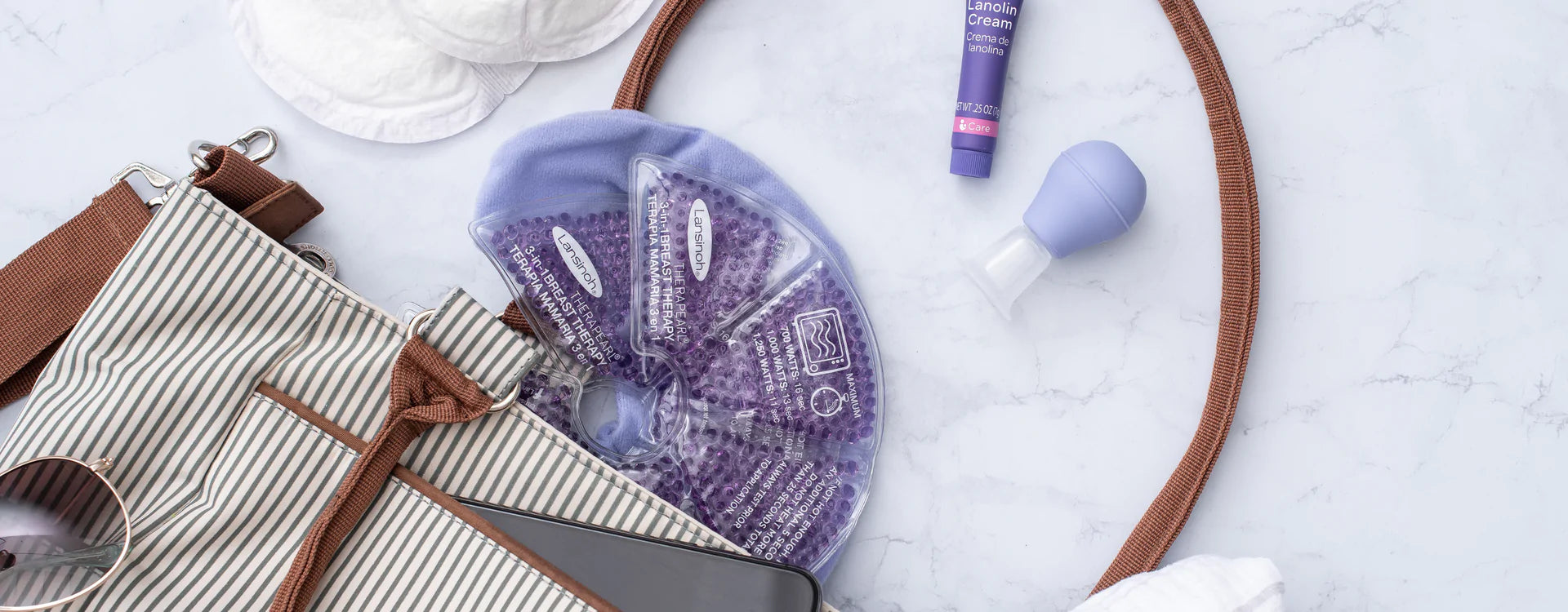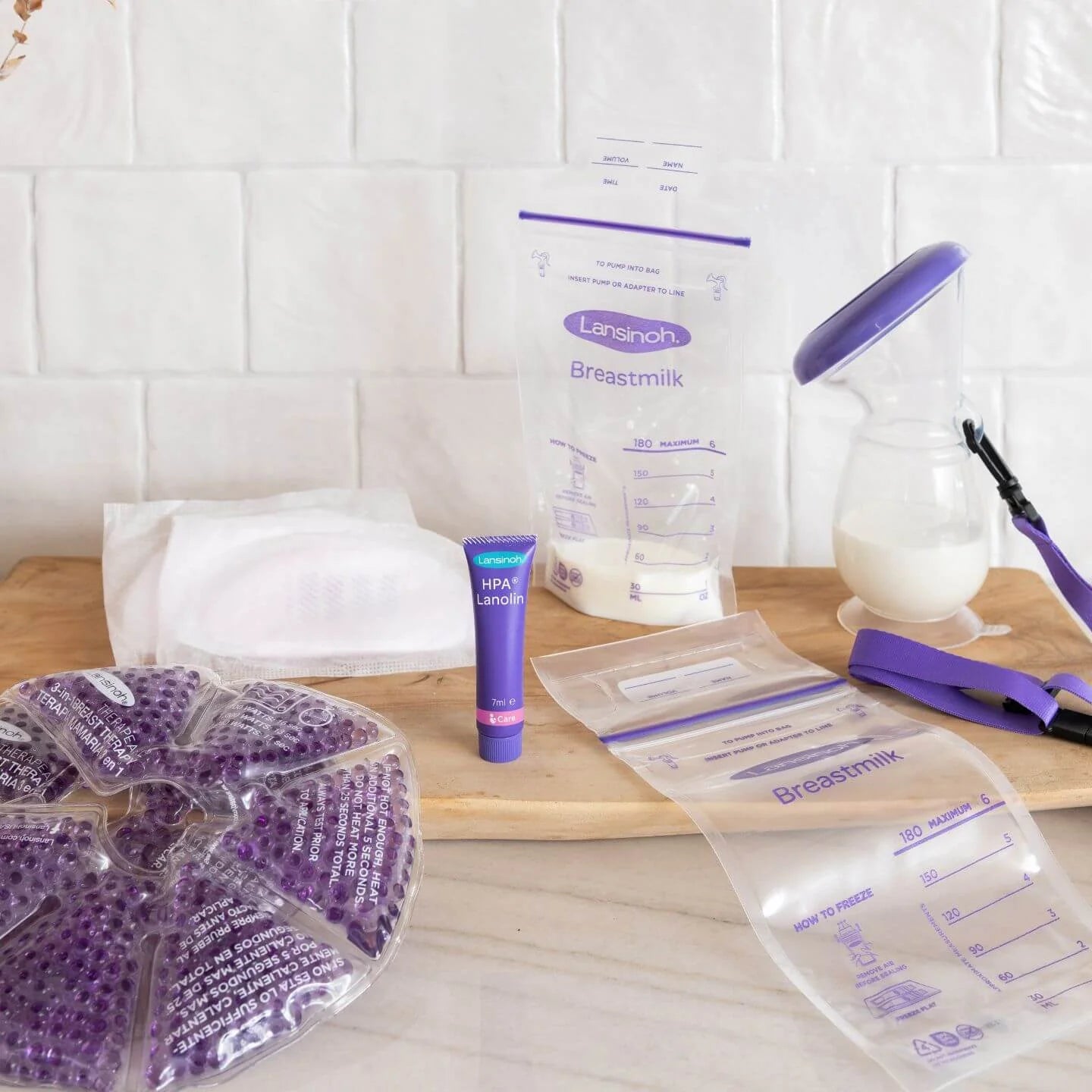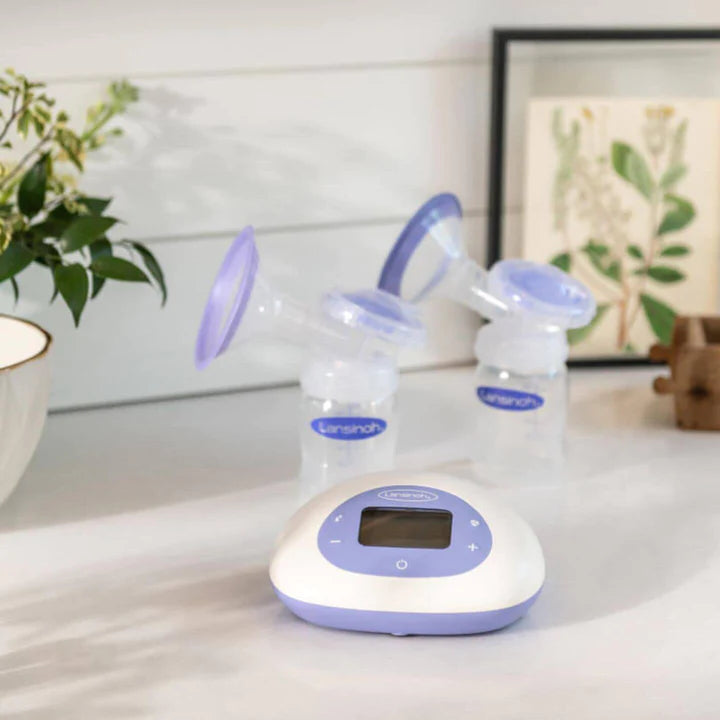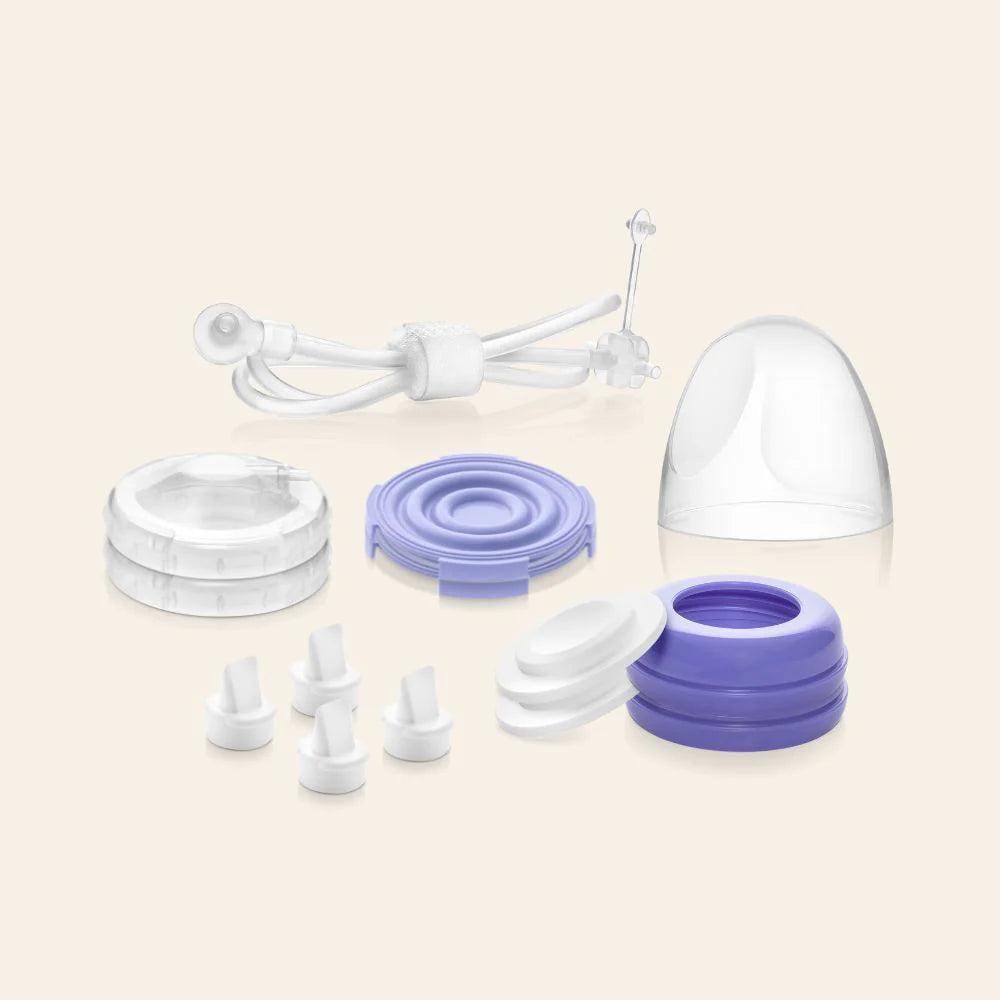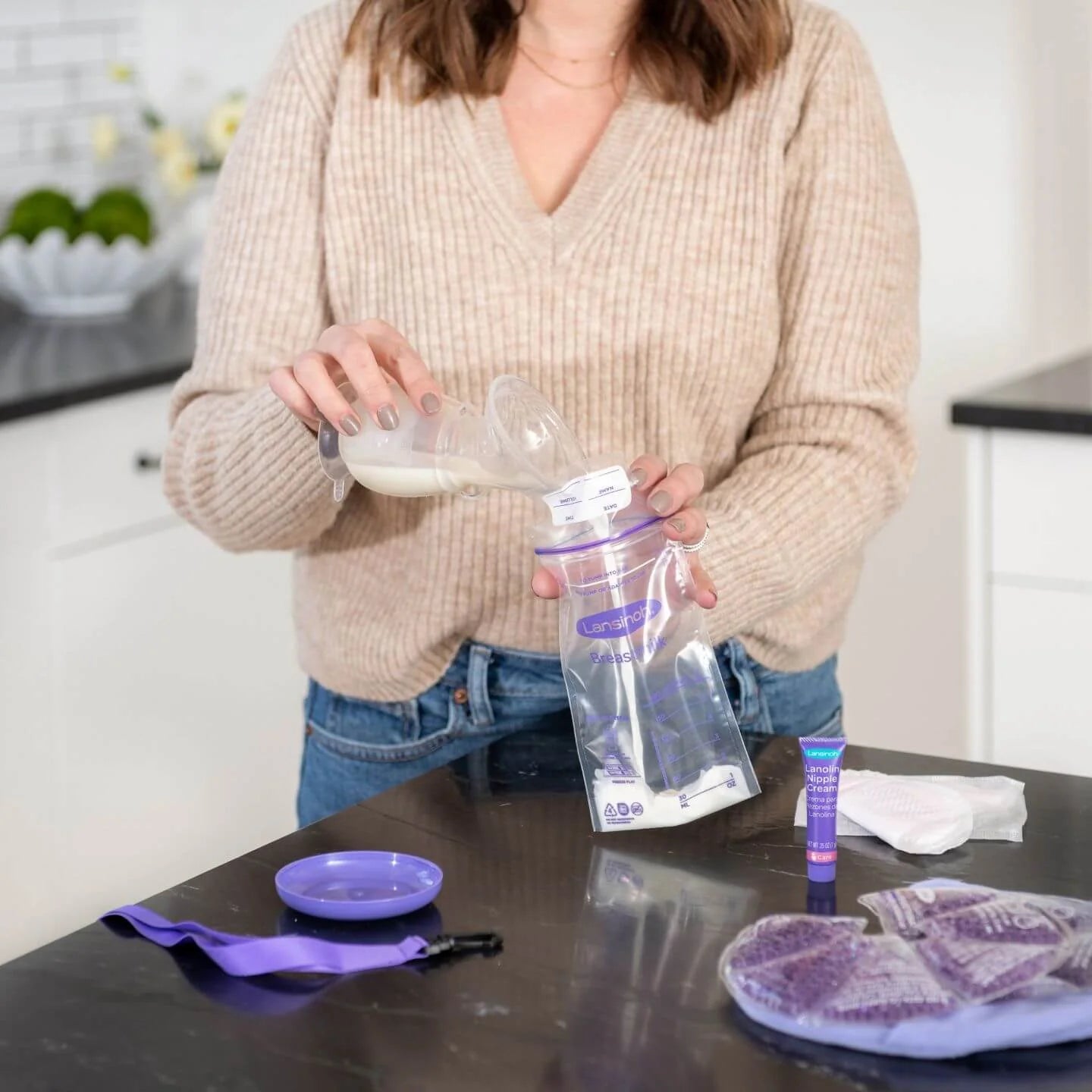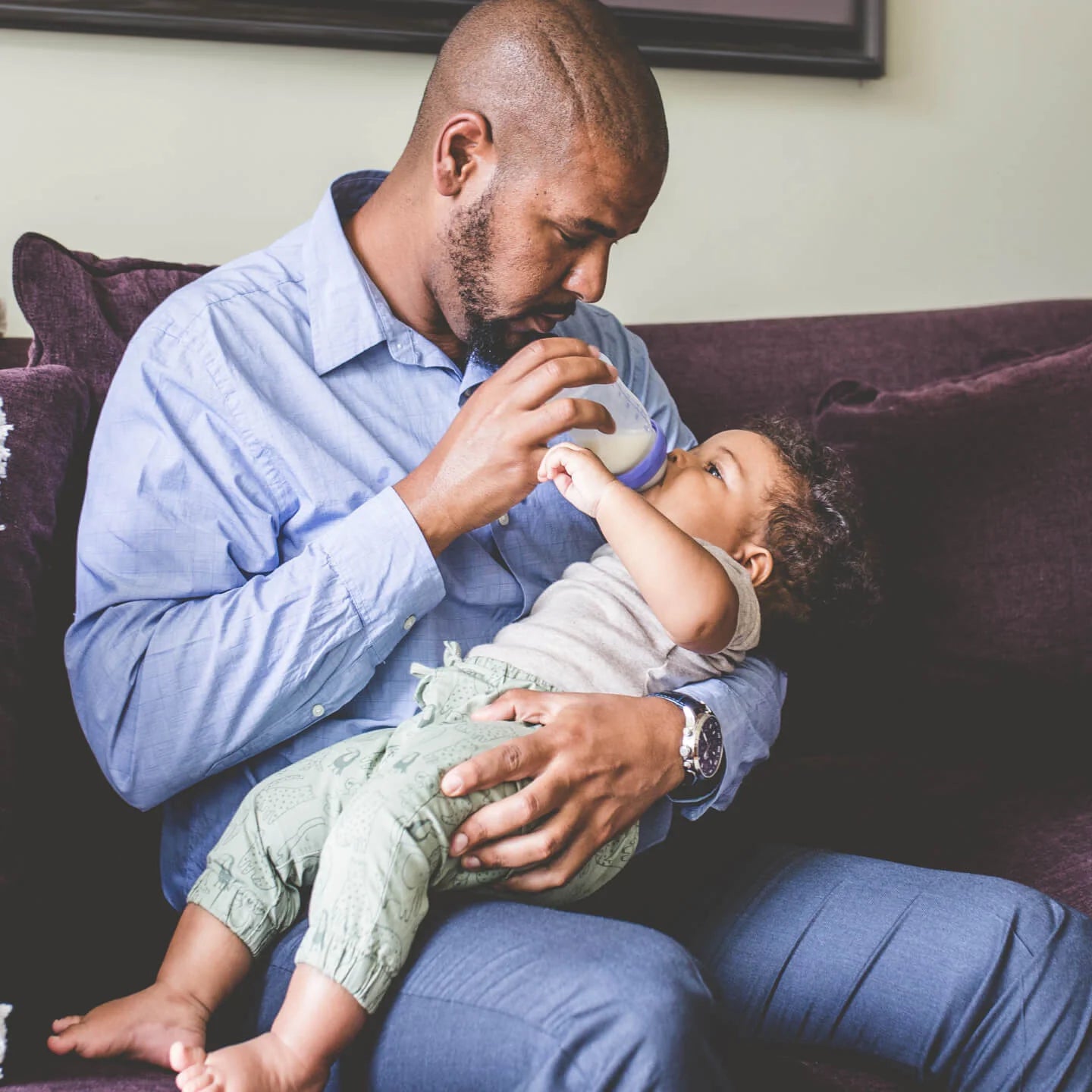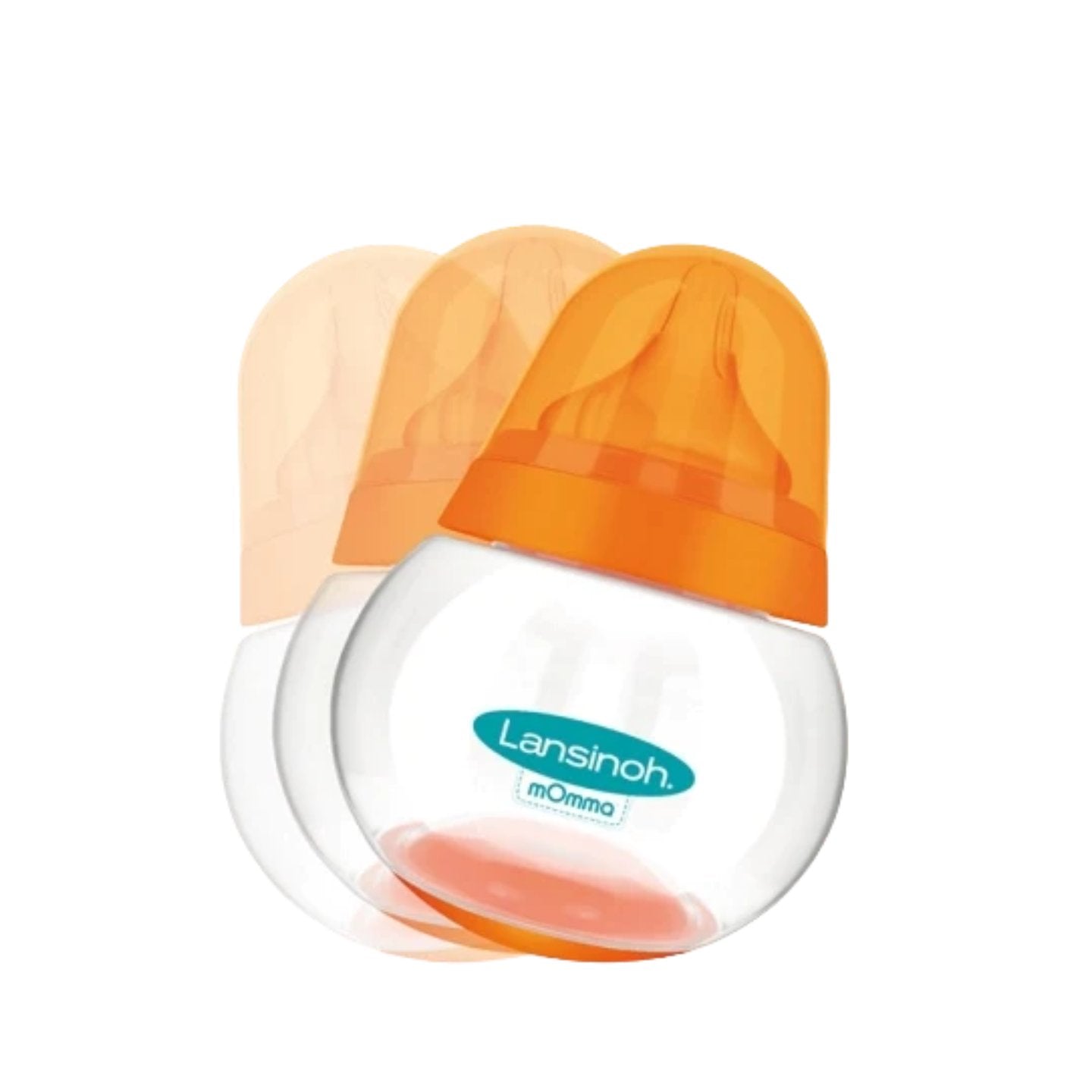Bonding between parent and baby is the enormous attachment you feel towards them. The feeling that you would do anything for them, the reason that you can’t stop looking at them or kissing them, and the fact that you would protect them with your life.
This type of bonding can happen very quickly within minutes or hours of birth, or it can take a lot longer, and this can (but not always) depend on other reasons. Perhaps there were complications during the birth, or the baby was born with health problems or he/she was premature. There can be lots of factors to prevent the instant attachment, but that doesn’t mean the attachment won’t be developed later.
Bonding with your newborn is encouraged as soon as the baby is born with skin-to-skin contact, and your midwife will also advise you to breastfeed soon after. If this isn’t possible with your baby, then don’t worry there are plenty of opportunities to bond with your little one once you can be together.
Tips for Bonding with Your Baby
Below are some activities you can do with your newborn to help build the baby bond further:
- Lots of eye contact
- Talk and sing to him/her
- Breastfeeding
- Sleeping in the same room
- Baby massage
- Answer his/her cries
- Plenty of cuddles
- Go for a walk with your baby in a sling
- Give them a bath
Breastfeeding is one of the best ways to bond with your baby, it not only provides nutrition, but comfort, nurturing and is also a time for you and your baby to grow used to one another.
The process of breastfeeding releases oxytocin, which is a love hormone that promotes bonding between mum and baby. What’s more, your baby will be calmed by the simple smell of your breastmilk.
Skin to skin contact during breastfeeding is very soothing and comforting, being considered baby’s early language. Facial expressions will communicate your feelings of love and affection and you will notice your little one trying to copy those expressions after a while.
Your baby will need the reassurance of your presence, after coming out into a world of bright lights, loud noises, and new smells. Breastfeeding will promote a sense of protection, love, and closeness, encouraging an emotional bond and attachment which is vital for your baby’s development. Breastfeeding can also prevent disease, boosting immunity and enhance your baby’s IQ.
Why You May Not Be Bonding with Your Baby
There are various reasons you may not feel that warmth and love towards your baby but remember that you can slowly overcome this by getting to know him/her.
- Breastfeeding issues.
- Sleep deprivation.
- Your fertility journey, expectations and adaptations to pregnancy and motherhood.
- Antenatal or postnatal depression and other mental health difficulties such as OCD, complex PTSD, bipolar disorder, schizophrenia, and postpartum psychosis.
- Birth trauma.
- Having a premature baby or a baby with special needs.
- Your own challenging experience of paternal care.
- Difficulty in your current relationship such as domestic violence, poverty, isolation, and young age.
Baby Bonding During Pregnancy
If you want to start nice and early, you can also bond with your baby during pregnancy. You can do this by:
- Singing lullabies to him/her
- Talking to them
- Watching and touching your bump
This is great because the baby can hear your voice and respond to your touch – it will indicate that you care about him/her.
Dad Bonding with Baby
As a dad you can do almost all the activities above to help bond with your little one, all but one… breastfeeding. This doesn’t mean you can’t be involved in the feeding routine once your baby is established with breastfeeding, around 6-8 weeks of age.
There may be times that the mother can’t be around to breastfeed, and you need to feed the baby with expressed breastmilk. In this instance the paced responsive feeding technique should be adopted in order to increase the natural bond through plenty of eye contact and reacting to their needs. This is a special time for dad and baby and using this technique not only makes the bond stronger but it also has plenty of health benefits for your little one from reducing the risk of childhood obesity and diabetes, to reducing colic like symptoms to improving emotional and social development.
How Does Your Baby Bond with You?
Look at your baby’s body language to find clues that they want to connect with you. They might smile at you, make eye contact, make little noises such as laughs and look relaxed and interested in what you’re saying or doing.

